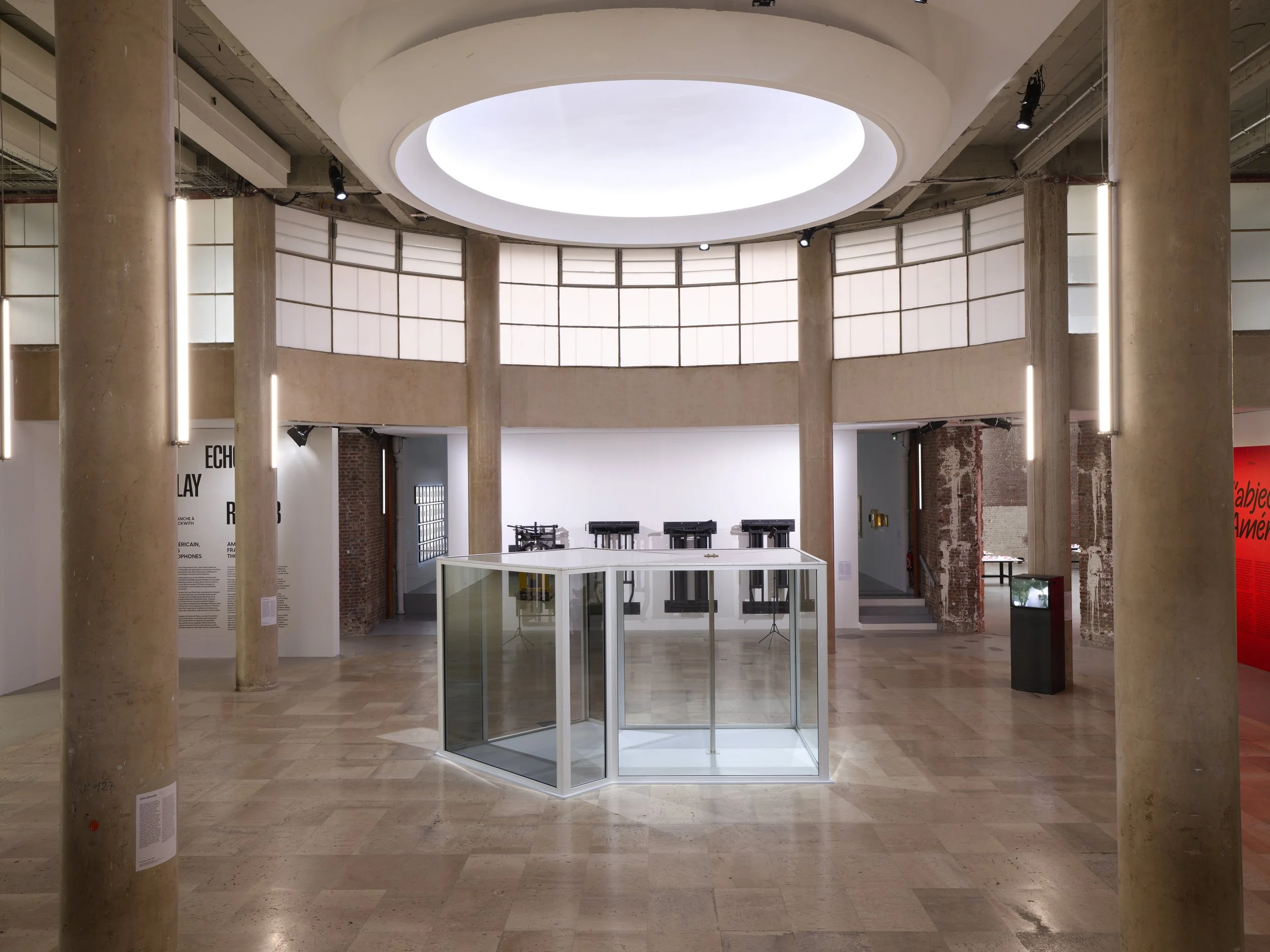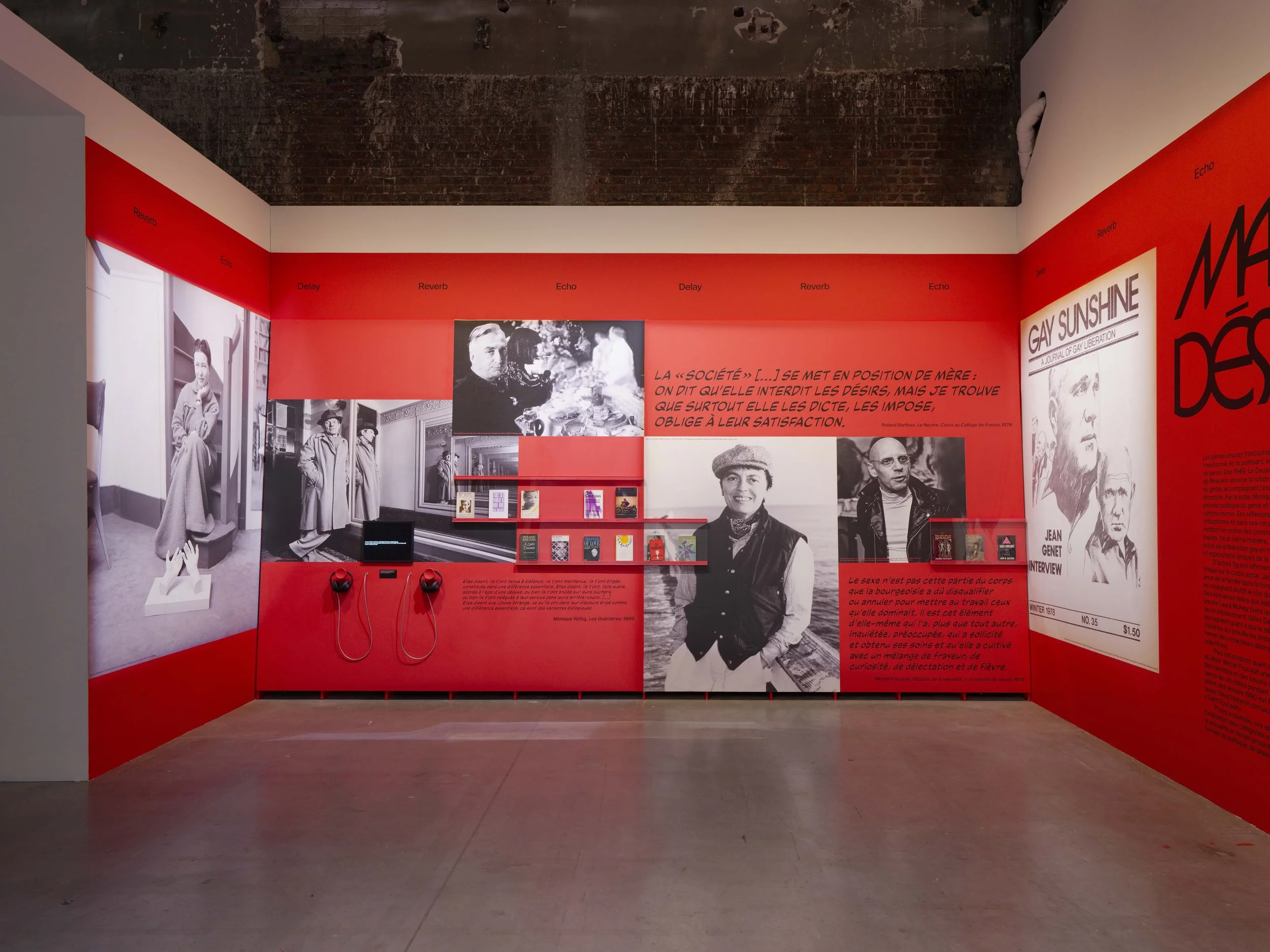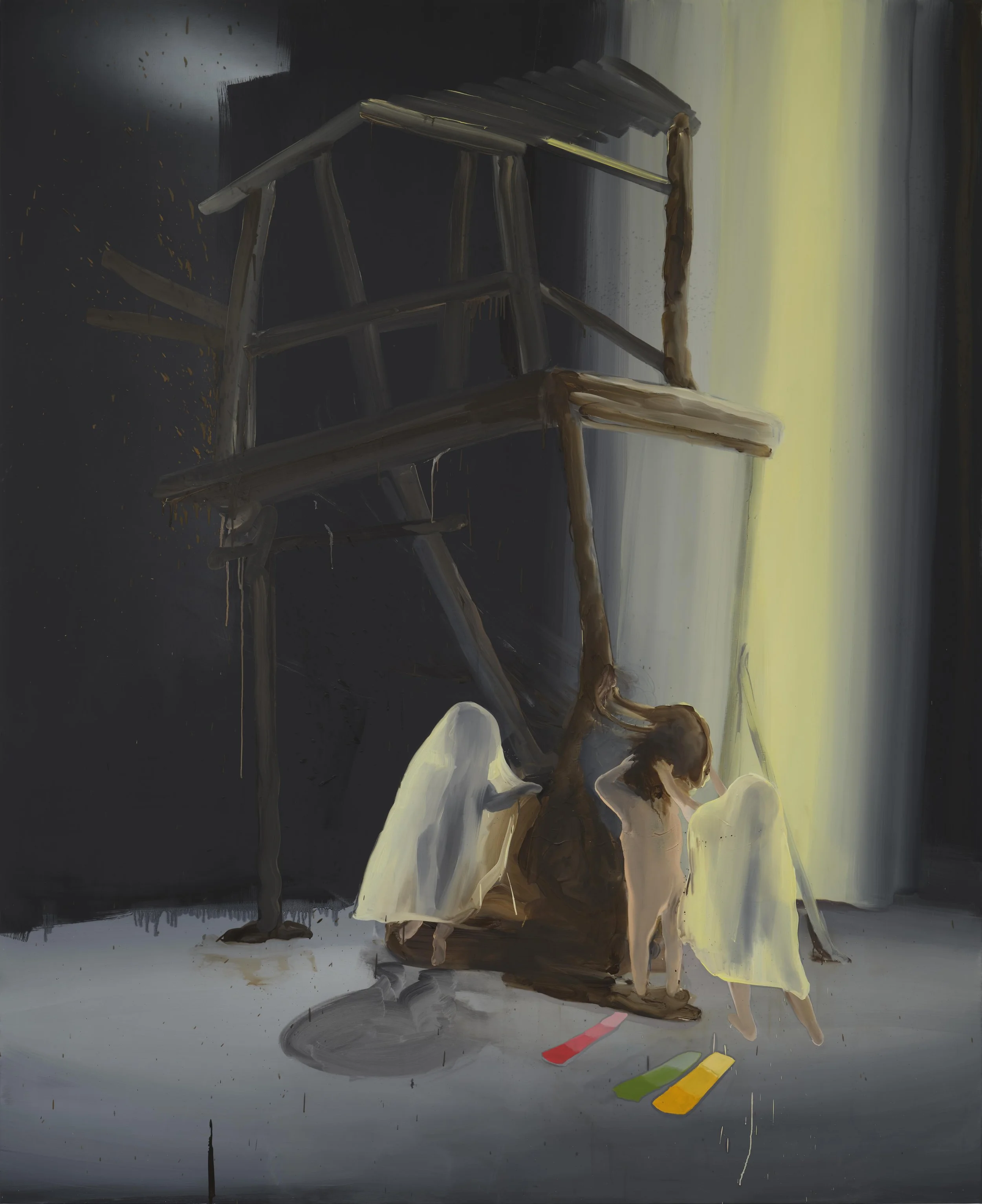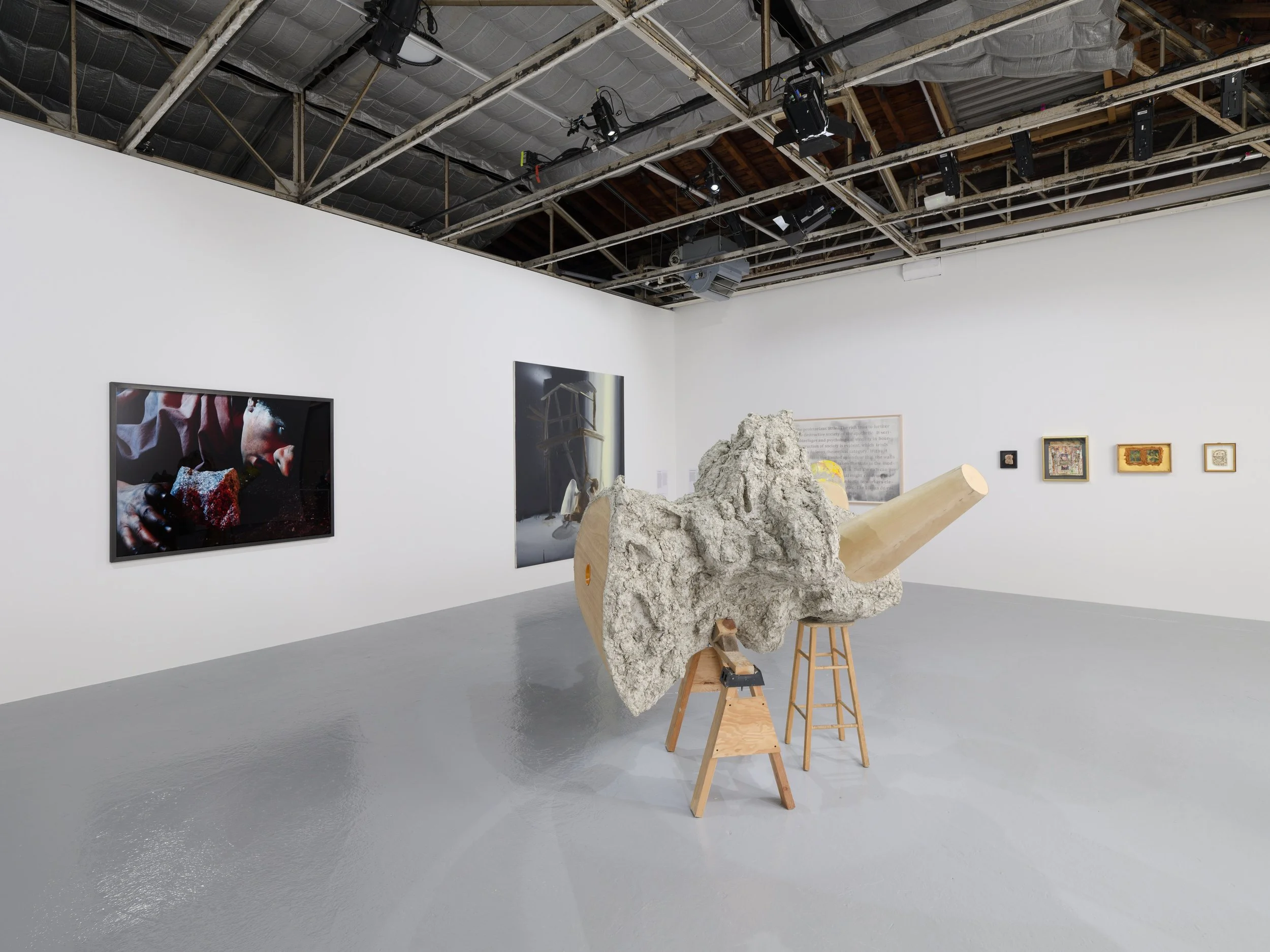On Being Shit and Loving Dick
“What I’d really love is, the moment I die in the hospital, for somebody to take my body, get in the car, go to Washington, and break through the front gates of the White House and throw the body on the steps.” This cutting statement by David Wojnarowicz, spoken in 1991 regarding his AIDS diagnosis, carries significant weight over 40 years later today, as far-right politics reify a latent structure of anti-queerness in the US and abroad. The Reagan administration’s homophobic inaction to the AIDS Crisis returns under new guises: transphobic policymaking throughout numerous jurisdictions, the elimination of federal funding for HIV/AIDS research, the erasure of queer content from government websites, and more.
In light of these circumstances, the contemporary avant-garde has no choice but to return to Wojnarowicz’s dying aspiration. How can the marginalized body be thrust into the heart of politics, to render the regressive political violence it faces inescapable and visual? Palais de Tokyo’s current exhibition, Echo Delay Reverb, places this concern at the center of its thematization and organization. The exhibition, which includes a video clip of Wojnarowicz’s statement from an interview with Sylvère Lotringer, explores the influence of intellectual activity in France upon artistic practices in America. The show traces connections between anti-colonial, queer, and feminist lines of thought across a plurality of disciplines and mediums, presenting an unbound conception of the work of art as a proliferation of political ideals.
Lotringer lies at the intersection of the many discursive threads examined in the exhibition, ranging from Deleuzian conceptions of multiplicity to Julia Kristeva’s notion of the abject, which culminate in a global entanglement of revolutionary art and theory. Having founded Semiotext(e), an independent publisher emerging from Columbia University’s philosophy department, in the 1970s, Lotringer facilitated a global intermingling of artistic producers, activist organizations, underground subcultures, and critical and literary scholars. Echo Delay Reverb gives this intermingling a material form by installing archival Semiotext(e) publications as both works of art in themselves and as frameworks for the rest of the show.
One publication on view is Chris Kraus’s 1997 novel I Love Dick, which parodies the author’s intimate relationship with Lotringer through a story of an obsessive affair with a writer named Dick. The novel switches frequently between various fiction and non-fiction genres, which makes fantasy indistinguishable from lived reality. The narrative unfolds as a series of letters, addressed to Dick by both Kraus and Lotringer, in which Dick becomes an empty signifier onto which Kraus projects her inner machinations.
The text progresses as an eruption of excess language, which ultimately stems from Kraus’s lack of Dick. She pokes fun at psychoanalytic readings of female desire as a negative force rooted in the phallus and a dependence upon male figures of power. Although Kraus’s lust for Dick remains largely unfulfilled, it is this yearning that shapes her creative impulses. Her desire is ultimately a generative, artistic force rather than a mere void. Her craving for an imagined version of Dick becomes a world-constructing drive even as the actual Dick evades her.
I Love Dick’s fervent embrace of desire instantiates a model of feminine subjectivity that is radical in its unapologetic messiness. Kraus is not interested in being a “good girl” as dictated by misogynist or feminist understandings of a woman’s social role. Rather, she is unashamedly horny, unfaithful, man-obsessed, phallus-obsessed, and non-domestic. Her flavor of feminism transgresses any and every boundary, and this transgression brings her around the entire globe, propelled by a lust for Dick. The novel diverges from both conservative and liberal models of feminine purity to construct something far more real, honest, and subversive.
Similarly disruptive is Tala Madani’s painting Shitmom Treehouse (2025), created for Echo Delay Reverb. In the composition, a lopsidedly built shack stands before a neutral gray background with a shaft of sulphuric yellow light to the right. Before the shack, two children cloaked like ghosts in white cloth smear brown globs of excrement from the building’s base onto the head of a naked child. The image is perverse, embracing toilet humor and a cartoonish representational simplicity.
Like Kraus’s obsession with Dick, Madani’s enshittification of architecture leans into a messy femininity. As suggested by its title, Shitmom Treehouse navigates the intense cultural expectations that women face to perform motherhood with perfection. By turning shittiness into a fluid structure that absorbs the body, Madani instantiates an entire world of excess. Her universe is composed of children who gang up on and bully each other, improvisational infrastructure that appears as though it could crumble at any moment, and aggressive splatters of brown and black paint. These impressions accumulate into a landscape of violent waste.
Within such an ecosystem of hate and excess, there is political value to being a shit mom. Madani escapes marginalization on the basis of her shittiness by leaning into her depravity and corruption. Her impurity becomes untethered from shame and ridicule insofar as shit is both a general substance of life and the foundation of her creative ethos. So what if she is a shit mother—what isn’t shit?
Taken together, Shitmom Treehouse and I Love Dick are useful blueprints for undermining the broader ecosystems of hate and waste facilitated by the United States government and other conservative regimes. By reveling in the filth, violence, and lust that inextricably link all of our bodies, Madani and Kraus turn perversity into an exercise of autonomy. Their works suggest that attempting to purify oneself or make oneself redeemable is a pointless task in a world that is itself unsalvageable. We are better off resisting anti-queerness, sexism, and other forms of repression by embracing the messy shit of our desire instead of a false, sanitized version of it.
I will end with a quote from Leo Bersani, whose 2009 text Is Is the Rectum a Grave? And Other Essays is also shown at Palais de Tokyo: “ . . . behind the brutalities against gays, against women, and, in the denial of their very nature and autonomy, against children lies the pastoralizing, the idealizing… the brutality is identical to the idealization”.[1] It is time to stop idealizing and start enshittifying.
Echo Delay Reverb: American Art, Francophone Thought is on view at the Palais de Tokyo from October 22, 2025 through February 15, 2026.
[1] Leo Bersani, Is the Rectum a Grave? And Other Essays (University of Chicago Press, 2009), 31.




